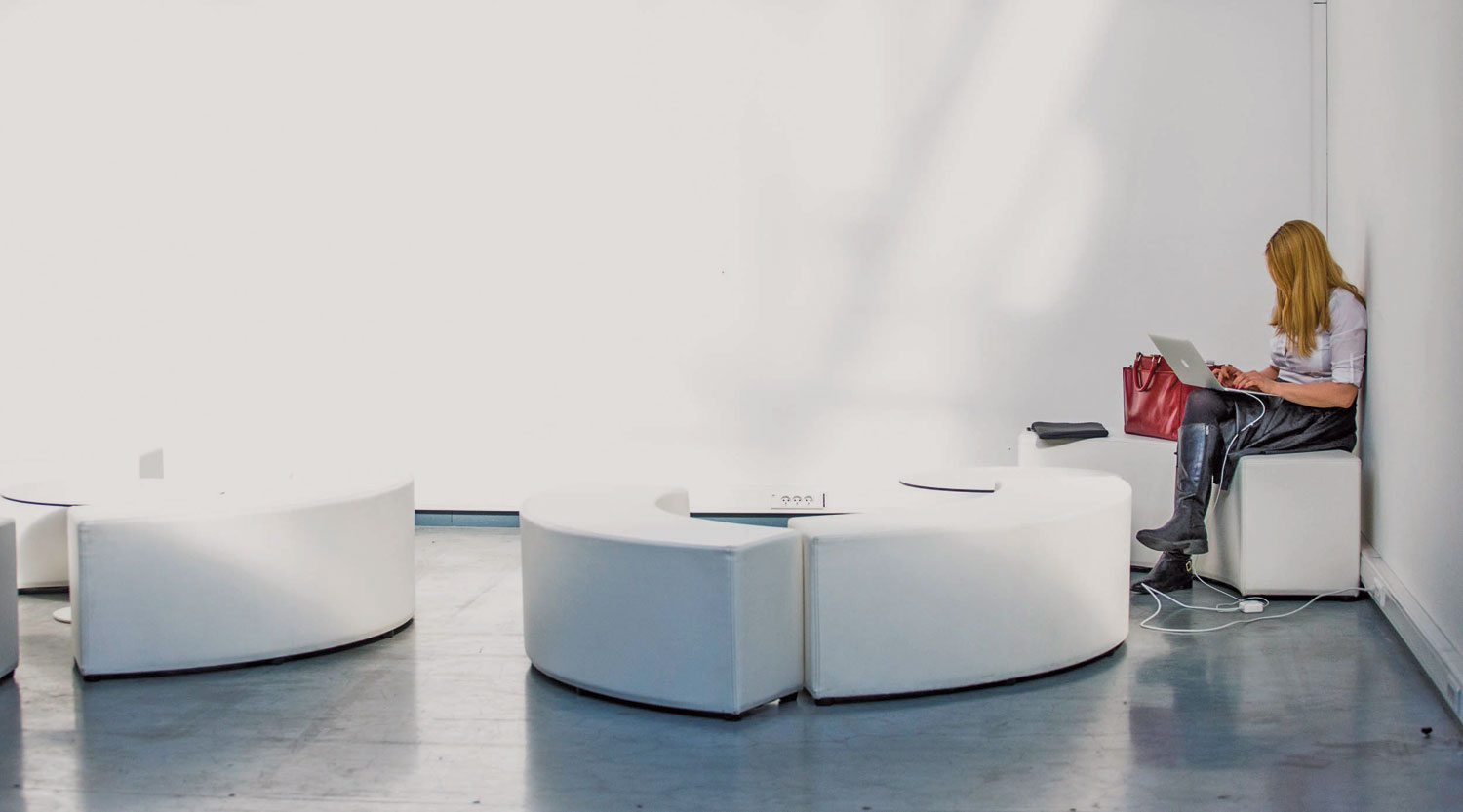

How smart has Oman become, especially Muscat, over the last ten years, in comparison to the other fledgling cities?
Truly, Muscat has come a long way from the days when people used to wait for hours for a computer with Internet access at cafes, which rapidly mushroomed in every nook and corner of the city for nearly a decade from the late nineties.
These cafes used to open as early as 6 in the morning and continue past midnight. Home broadband was expensive then and dial-up Internet connections were erratic and slow for downloads/uploads and business purposes.
“Those were the nostalgic days. We used to go with friends and spend hours on different chat groups. Since home internet used to be so slow, we were forced to visit cafés for VoIP calls, print-outs or even photocopies,” said Zafar Khan, who spent his early bachelor days mostly in cafes after work.
The changing trends became evident towards the end of the last decade as the broadband home Internet became cheaper and faster, replacing the dial-up services.
The cafes also emerged as a good place for hangout with friends and also a meeting point to make new friends.
“Most of the visitors used to be men or boys from the same age group, both Omanis and expatriates. As we used to wait for hours to access a computer, making friends with other fellow visitors became a norm,” said Mohammed Raza, a software engineer.
He added, “We used to visit the cafes to prepare our CVs or scan documents. Many a times, we would get to know about the job opening from these so-called café friends,” Raza said.
Cyber café operators took take care of the visitors and ensured they got privacy. “They would offer webcams and headsets as in-built cameras were not available with the personal computers,” said Rogus, who was an assistant in a cyber cafe in Ruwi ten years ago.
Most cyber cafés used to have provisions for water, chips, prayer rooms and lounges with sofas.
In Oman, the new trend emerged during the 2008-2009 as laptops and mobile internet became affordable.
The introduction of 2G Internet, data bundles and smartphones with high-speed processors in phones helped accelerate the natural fading away of the so-called Internet parlours in Oman.
Wi-Fi Internet is affordable and accessible that they are now offered for free at several public places such as malls, airports, restaurants, public parks and in public buses.
The launch of Apple iPad and the arrival of affordable tablets brought world to our fingertips, but even today a handful of old-timers would prefer a walk to the cyber café early morning or late night.
Fatma Zubair says today we find people hanging out near places with open Wi-Fis, with their headphones. “The purpose is same but the means are different now,” she said.
As per the National Broadband Strategy, the process has started for a majority of households in Muscat to be pampered with high-speed broadband for Internet Protocol television (IPTV), online gaming, CCTV monitoring systems and other value-added services that symbolise a smart home or smart city.
The internet universality report by UNESCO has included Oman, Saudi Arabia, Morocco, and Egypt in the top list.
Oman ranked the highest among the countries of the Middle East and North Africa, ranking 24th among the 75 countries chosen by the report.
The report said infrastructure in Oman, which is ranked 17th among 75, was a major force. This is partly due to the high growth rate achieved by the country in terms of 4G technology coverage. Communication through internet provides economic opportunities and allows free exchange of data and information.
Vinod Nair
Oman Observer is now on the WhatsApp channel. Click here



